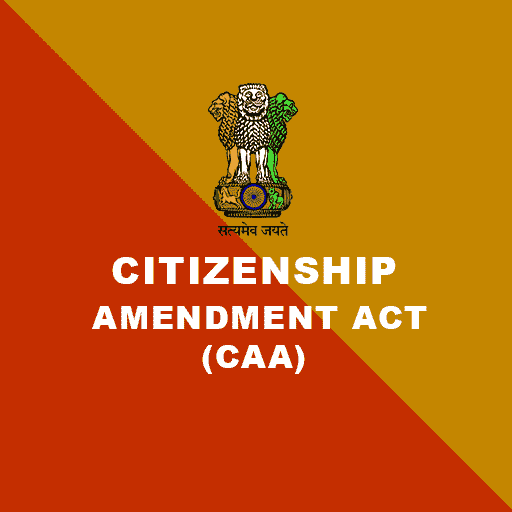Locke’s theory of property provided the needed justification for private property. Discuss.
Locke assumed that property was widespread and in the state of nature in the sense that everybody had a right to draw subsistence from what ever was offered to him by the nature. His argument was that the right to private property arises because by labour a man ‘extends’ his own personality into the objects produced. During preindustrial days, it was held that the peasant proprietorship would be the best system. Locke is of the view that on individual must use as much land as he can till. But at that time the condition of Europe was very pathetic.
MacPherson while explaining the views of Locke’s says, “Security of enjoyment of the fruits of one’s labour was the reason for property. Without a property in the fruits and in the means of labour, no one would have an incentive to labour. Locke believed that one did not need the consent of a sovereign as far as property was concerned because it is the melting of labour and nature that makes anything owned.
Locke’s theory of right to property becomes the justification of capitalism He also advocated absolute individualism. His theory of natural rights give birth to capitalism. His theory of natural rights and his views on right to property provided new dimension towards the necessity of state.
John Locke’s views on property : The liberal theory of property is largely an invention of 17th and 18th centuries philosophers. Particularly, John Locke and Adam Smith. Locke’s assertion and justification of a natural individual right to property is central to his theory of civil society and government. As he writes, me great and chief aim of men’s writing into a common wealth and putting themselves under government is the preservation of property.
In the context of property, Locke raised two question : (i) why property at all? and (ii) how those who have property can justify their privileged position? Firstly, he begins with the promise that God has put men on this earth and given them reason to make use of this earth’s resources. The appropriate means of making use of them is to develop them so that man can sustain life. The best way to accomplish this is to allow individuals to come into possession of the land material so they will have the nears and incentive to turn earth into usable commodity.
The second justification is altogether different. This can be called labour theory of value or labor theory of property right. According to Locke, every person has property in his own person and nobody has any right to but himself. Thirdly, property is political as well as economic, arid therefore, Locke gives it a place in his theory of the contract. The right to property is a natural right, which men possess at birth and prior to government. Property is justified not because law protects it but goes back to the law behind the law as the law of nature. Property is justified because men who must live in its midst have consented to its existence. And they have agreed that they have no-objection to its unequal distribution.
Fourthly, Locke gives another justification for property. Property is justified because it is going to emerge in society whether we like it or not. Men are creatures who seek material comfort and security and they will be found to bend their effort in the direction of enriching themselves. For property ownership is the best way yet discovered for a man to make money.
Fifthly, another justification of property is that it adds an additional dimension to man’s stature. It renders him large and stronger than his fellows, and hence, it protects him from the depredations on his person. Property gives security.
Finally, property gives its owners a link with posterity. With property goes the law at inheritance, which allows a man to pass on to his children which he earned and owned in his lifetime. Lock justified property as man’s natural right, on the grounds of individual effort and initiative. lie equated property with liberty. The chief function of the state was deemed to be the protection of property.



